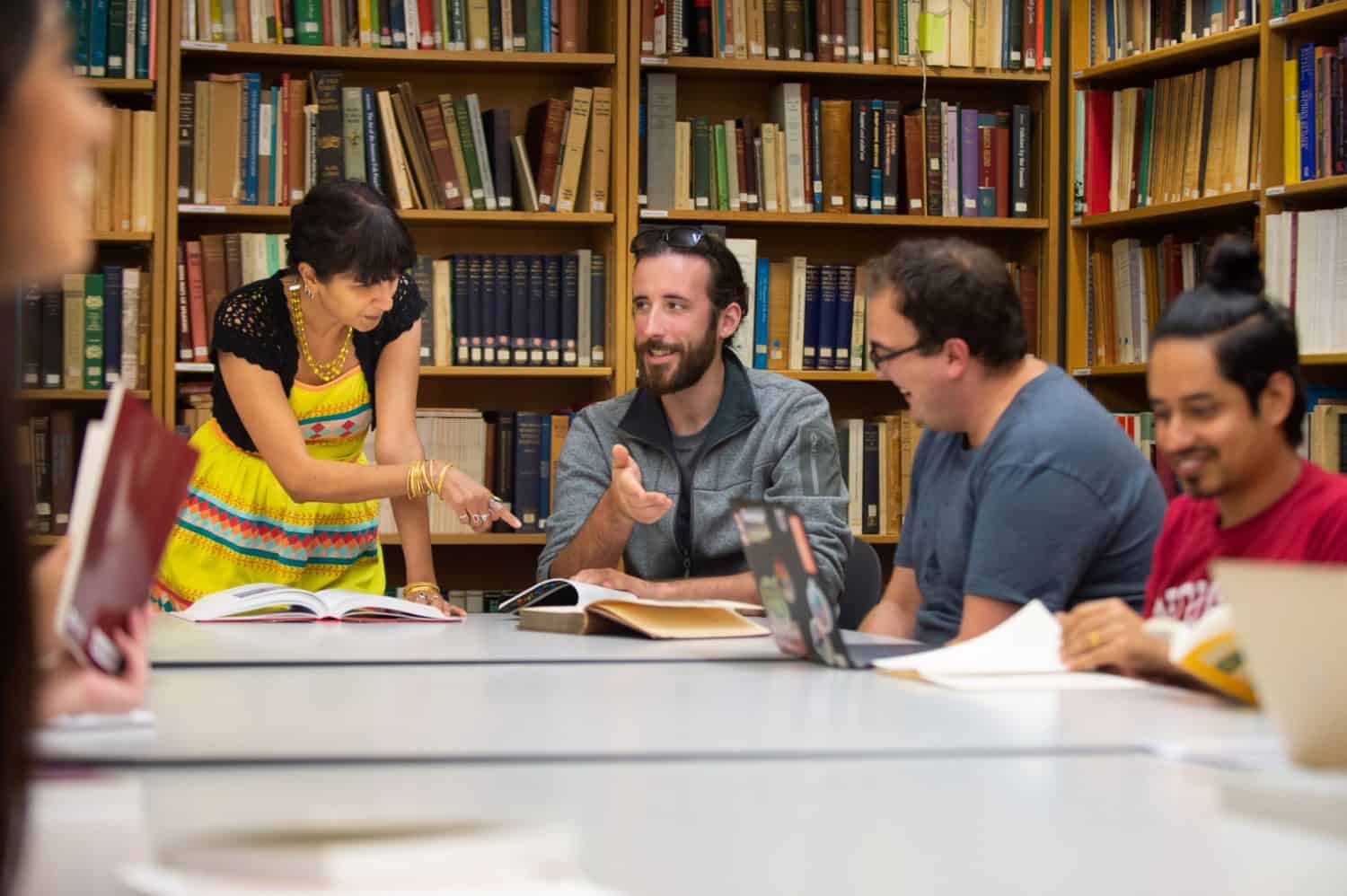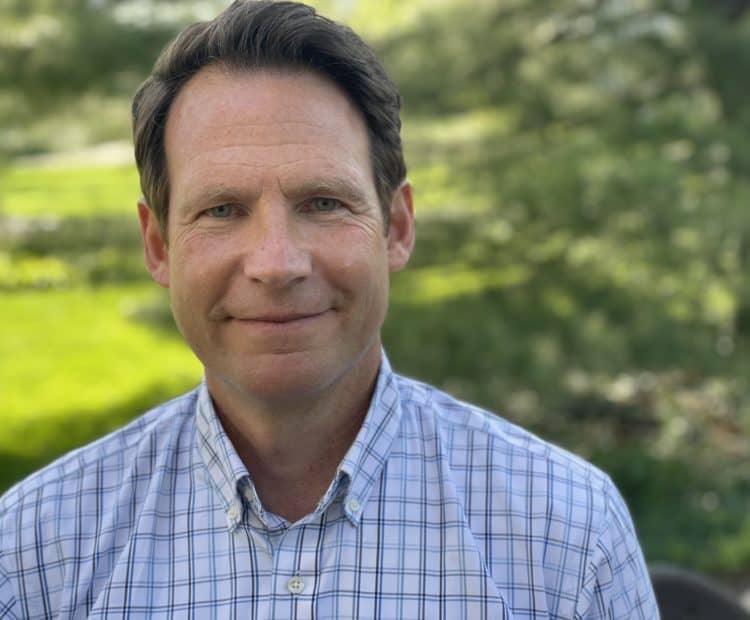Academic Folklorists in Higher Ed
Need for Advocacy
As a folklorist working in academia, you will often need to advocate 1) for your own programs, courses, and students, and 2) for the communities in which you work.

Strategies: Advocating for your program, courses, and students
Folklife and folklore programs based at universities often must compete for funding, staff, and support with other academic programs. Further, folklorists often find jobs in departments such as Anthropology, English, or American Studies and may be tempted to adopt the disciplinary identity of their department. For the health of the field, your curriculum, and your students, however, it is important to identify as a folklorist and advocate for folklore as a vital area of a study.
- Meet with university administrators such as chairs, deans, and the provost to discuss new initiatives and programming, including hosting an academic journal on your campus.
- Meet with institutional development staff about crafting a pitch to highlight folklore research as a way to fundraise.
- Meet with related academic departments to discuss cross-listed coursework, collaborative research projects, and team-teaching.
- Stay in touch with alumni and put them in touch with your current students to help mentor them.
- Use the term “folklore” in course titles and descriptions.
- Always identify yourself as a folklorist.
Funding Resources for Organizations
NEH Museums, Libraries, and Cultural Organizations. NEHGrantsPublicHumanities Planning grants are used to refine the content, format, and interpretive approach of a humanities project; develop the project’s preliminary design; test project components; and conduct audience evaluation.
NEH Museums, Libraries, and Cultural Organizations; Match Your Project to a Grant Digital Projects for the Public: These grants support projects that significantly contribute to the public’s engagement with the humanities using digital platforms.
Strategies: Advocating for the communities in which you work
Research ethics have shifted dramatically in the past few decades, with greater expectation that researchers will collaborate with communities to develop research projects that are useful to all those who participate. Often, that means folklorists will want and need to advocate for the people in the communities in which they work.
- Structure your research project according to collaborative models such as Participatory Action Research (PAR), Community-Based Research (CBR) or any of a number of related models that stress equity, ethics, and engagement.
- Build research projects into your courses with service learning, benefiting both students and community members.
- Develop outcomes that benefit community members, including sharing data, developing materials and research summaries for general audiences, and contributing directly to grassroots initiatives.
- Develop public-facing outcomes for your research that engage audiences who are positioned to facilitate change such as community organizers and local politicians.
Back to “Advocate as …” :: Advocating as an Independent or Cultural Practitioner

